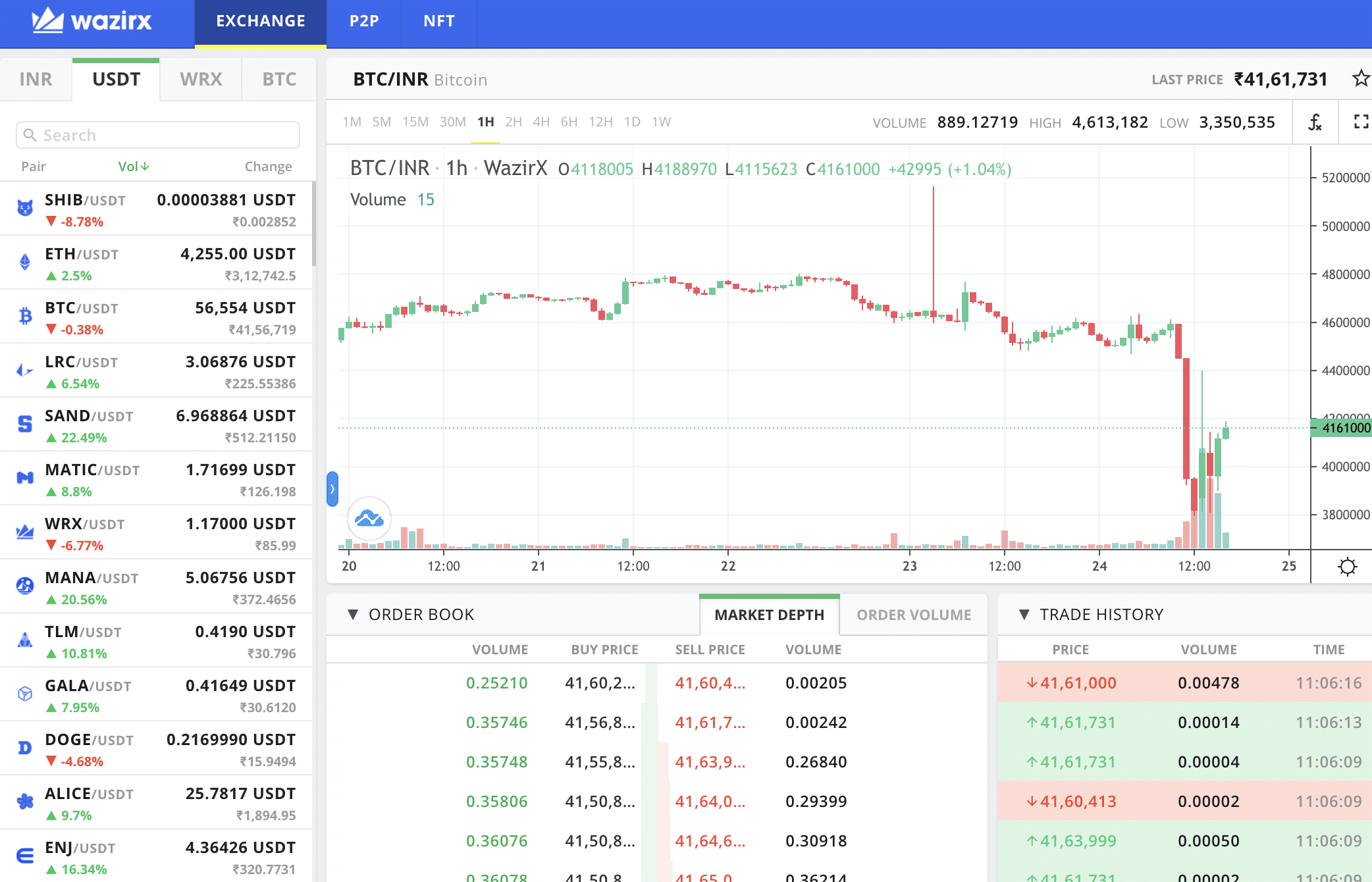Crypto in India Not Facing Total Ban After All, Arbitrage Profits Shrink
Please note that we are not authorised to provide any investment advice. The content on this page is for information purposes only.
News that Indian Prime Minister Narendra Modi’s government was proposing a bill that would ban private cryptocurrencies sent Indian investors rushing for the exit yesterday.
Prices of leading digital assets fell more heavily on exchanges favoured by Indian traders than others such as Binance and the spot price prevailing in the rest of the world. Exchanges such as WazirX and Unocoin are popular in India and saw prices for popular memecoins Dogecoin and Shiba Inu 20% below the price available elsewhere.
Bitcoin fell around 12% on India-centric exchanges compared to fall for 2% in the rest of the world.
For some of the best exchanges to buy bitcoin and other crypto, check out our guide.

Initial fears of bill proposing an India crypto ban may have been overblown
First reports said that the government would be taking the advice of the central bank by banning all privately issued crypto, clearing the way for the possible launch of a central bank digital currency.
The new session of parliament begins on 28 November at which time the bill we presented. Text of a description of the bill available on the Indian parliament’s website in part reads:
“The bill also seeks to prohibit all private cryptocurrencies in India, however, it allows for certain exceptions to promote the underlying technology of cryptocurrency and its uses.”
However, news today suggests that the government bill may now allow some crypto trading to take place but could include caps on the amounts that can be invested.
That is probably in line with the get-out clause cited above referring to the promotion of the underlying technology – although that would originally likely been interpreted as an encouragement for blockchain adoption in industry more widely, as opposed to as a form of private money issuance and an arena for the development of purely speculative assets lacking in real-world use cases.
Crypto in India: marked by extreme regulatory uncertainty
There has been a great deal of regulatory uncertainty concerning crypto in India. In 2018 crypto was effectively prohibited, with financial institutions shut out of engagement with the nascent asset class. But a Supreme Court ruling reversed that last year (2020).
The final version of the new bill will have to be signed-off by the cabinet before it comes before parliament.
The hostility of the Reserve Bank of India towards crypto is thought to be more severe than in the case of central banks because of the particular characteristics of the Indian economy.
Avoiding taxes is deeply ingrained in the middle classes and the country’s cash economy has helped in that regard. The central bank fears that in addition to money laundering and terrorist financing, crypto will provide a vector for tax evasion.
With an eye to China’s launch of its digital yuan CBDC early next year, India doesn’t want to be left behind and also doesn’t want private competition for its own future CDBC. It is therefore highly likely that some sort of restrictions on crypto trading will come into force. The bill also makes clear that crypto will not become legal tender in the country.
Crypto in India provided arbitrage profits opportunity
For those looking to exploit arbitrage opportunities in the crypto market, developments in India provided profitable outlets yesterday, at least for smaller-scale traders.
Theoretically it was possible to buy bitcoin and other crypto cheaply on an Indian exchange and then transfer it out of the country and sell it at a higher price on a global exchange.
However, those seeking to move or transact with large sums of the local currency will face various exchange and capital controls that can in practice make the arbitrages difficult to execute for large professional traders and institutions.
Prices in India are now coming back into line with global spot prices as traders responded positively to proposals that might allow crypto trading to continue, albeit with certain restrictions.





